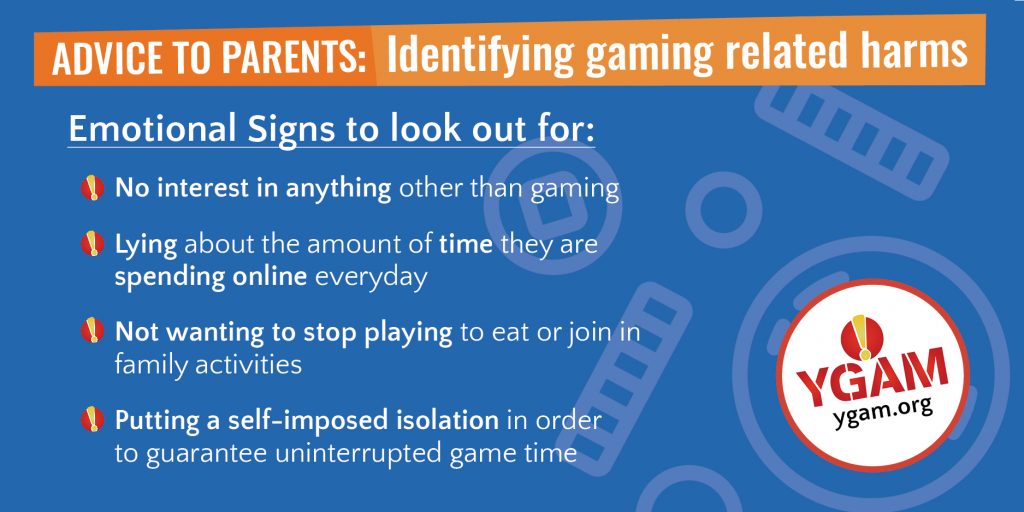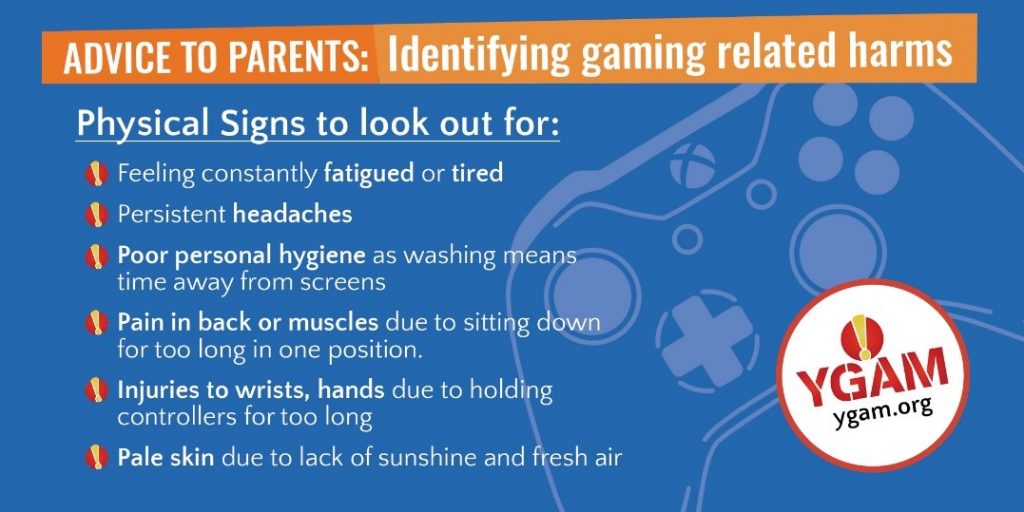
Staying home is the best thing we can all do to stem the spread of Covid-19 but this brings its own struggles as parents deal with a heady mix of anxiety and youthful energy, making gaming feel like both a blessing and a curse.
It can offer much-needed distraction, but something that can serve as an activity to relieve boredom or a way of socialising with friends can turn soon turn into an unhealthy habit, leading in turn to guilt and doubt as to whether our parenting skills are up to scratch.
Gaming does have positive attributes, providing a chance to socialise with friends and create virtual playdates as we look to keep in touch with those who are important to us. For single-child households this is particularly helpful as they get the chance to mix with people of their own age.
Rewards in the brain are released which provide feelings of happiness. These can come from winning a game, completing a level, getting the desired item from a loot box or winning virtual currency. The player then keeps on playing as the brain craves that feeling more and more.
The only fully formed part of the brain in a teenager at this age is that which seeks pleasure and reward. The need for the reward is instant so negative actions fail to register loudly enough to make them not stop and think about the consequences of their actions.
The gaming world can also create FOMO – the fear of missing out – with the virtual world continuously evolving, even when players are not online, and children so engaged in excessive online play that they are not aware of their actions or behaviours.
We have drawn up a list of signs to look out for that could indicate potential harm during the lockdown period. These do not necessarily mean your child is addicted to gaming but being aware of these signs can help you start monitoring patterns, changes in behaviour and have conversations with your child.


Tips
For more information on our advice please contact Amanda Atkinson – Head of Parental Engagement. amanda@ygam.org
For media enquires please contact press@ygam.org
Young Gamers and Gamblers Education Trust
71 – 75 Shelton Street, Covent Garden, London, WC2H 9JQ.
Registered Company no: 09189998.
Registered Charity no. 1162425.
Copyright © 2021 YGAM | Young Gamers & Gamblers Education Trust, All rights reserved. Read our Privacy Policy
Website designed & developed by me&you
| Cookie | Duration | Description |
|---|---|---|
| cookielawinfo-checkbox-advertisement | 1 year | Set by the GDPR Cookie Consent plugin, this cookie is used to record the user consent for the cookies in the "Advertisement" category . |
| cookielawinfo-checkbox-analytics | 1 year | Set by the GDPR Cookie Consent plugin, this cookie is used to record the user consent for the cookies in the "Analytics" category . |
| cookielawinfo-checkbox-functional | 1 year | The cookie is set by the GDPR Cookie Consent plugin to record the user consent for the cookies in the category "Functional". |
| cookielawinfo-checkbox-necessary | 1 year | Set by the GDPR Cookie Consent plugin, this cookie is used to record the user consent for the cookies in the "Necessary" category . |
| cookielawinfo-checkbox-others | 1 year | Set by the GDPR Cookie Consent plugin, this cookie is used to store the user consent for cookies in the category "Others". |
| cookielawinfo-checkbox-performance | 1 year | Set by the GDPR Cookie Consent plugin, this cookie is used to store the user consent for cookies in the category "Performance". |
| CookieLawInfoConsent | 1 year | Records the default button state of the corresponding category & the status of CCPA. It works only in coordination with the primary cookie. |
| elementor | never | This cookie is used by the website's WordPress theme. It allows the website owner to implement or change the website's content in real-time. |
| viewed_cookie_policy | 1 year | The cookie is set by the GDPR Cookie Consent plugin to store whether or not the user has consented to the use of cookies. It does not store any personal data. |
| Cookie | Duration | Description |
|---|---|---|
| _ga | 2 years | The _ga cookie, installed by Google Analytics, calculates visitor, session and campaign data and also keeps track of site usage for the site's analytics report. The cookie stores information anonymously and assigns a randomly generated number to recognize unique visitors. |
| _ga_R6G6FD18BE | 2 years | This cookie is installed by Google Analytics. |
| _gat_gtag_UA_167119969_1 | 1 minute | Set by Google to distinguish users. |
| _gid | 1 day | Installed by Google Analytics, _gid cookie stores information on how visitors use a website, while also creating an analytics report of the website's performance. Some of the data that are collected include the number of visitors, their source, and the pages they visit anonymously. |
| CONSENT | 2 years | YouTube sets this cookie via embedded youtube-videos and registers anonymous statistical data. |
| Cookie | Duration | Description |
|---|---|---|
| VISITOR_INFO1_LIVE | 5 months 27 days | A cookie set by YouTube to measure bandwidth that determines whether the user gets the new or old player interface. |
| YSC | session | tarTYSC cookie is set by Youtube and is used to track the views of embedded videos on Youtube pages. |
| yt-remote-connected-devices | never | YouTube sets this cookie to store the video preferences of the user using embedded YouTube video. |
| yt-remote-device-id | never | YouTube sets this cookie to store the video preferences of the user using embedded YouTube video. |
| yt.innertube::nextId | never | This cookie, set by YouTube, registers a unique ID to store data on what videos from YouTube the user has seen. |
| yt.innertube::requests | never | This cookie, set by YouTube, registers a unique ID to store data on what videos from YouTube the user has seen. |